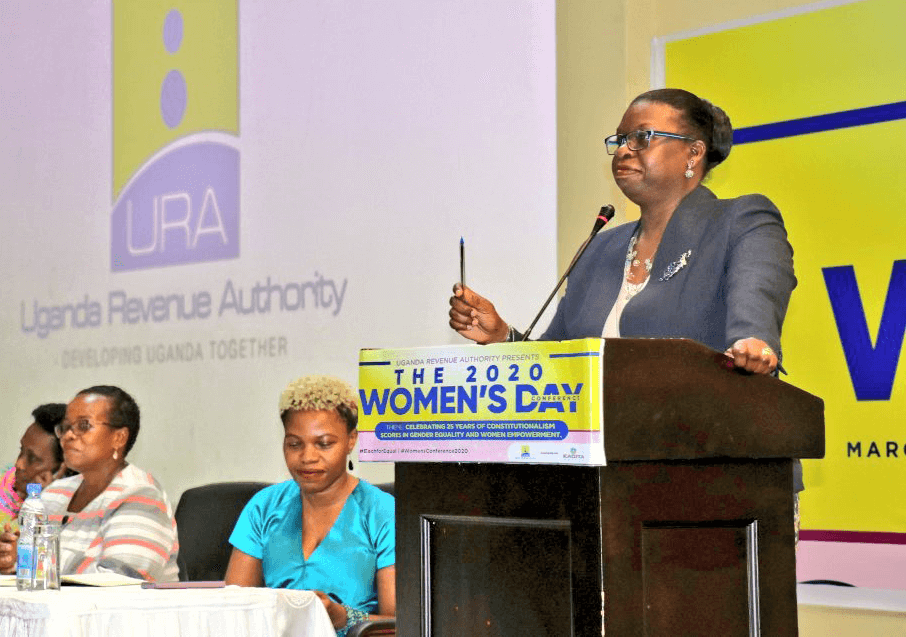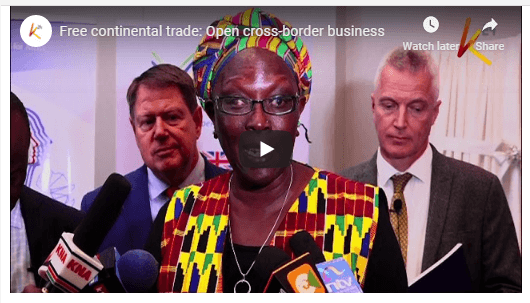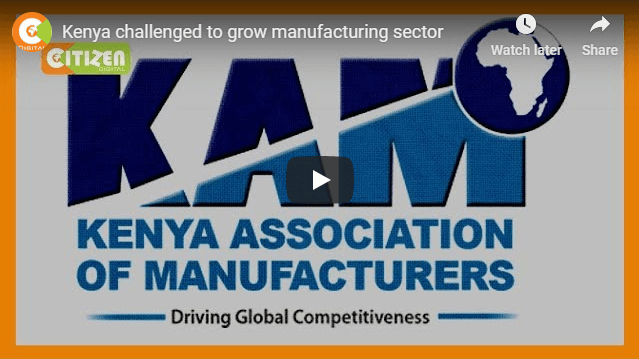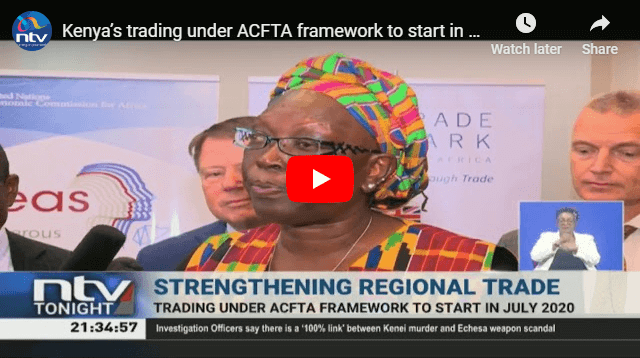Women have been tipped on leveraging the opportunities that lie in mobile as well as child-oriented businesses which present a comparative advantage to other business ventures in terms of profitability.The advice was given by the URA Commissioner General, Doris Akol on Wednesday while speaking to hundreds of women who attended the Annual Women Conference organized by the tax body in Kampala.Themed “An equal world is an enabled world”, the event sought to discuss issues that affect women involved in trade in line with the theme for this year’s Women’s Day and the Sustainable Development Goals (SDG) agenda. Focus was placed on knowledge gap, impediments and success stories of women who are doing business.In her remarks Akol said women can transform the nation if they have ambition, are willing to do the hard work, put in the time to learn new things and make groundbreaking experiences that bring positive change to the world. She shared what she called trending and lucrative business ventures that women can engage in to make an extra buck.“Mobile business. Take your business from in-house to on wheels and start traveling to your customers. There are several benefits associated with running a mobile business and conducting services from anywhere,” Akol said.She noted that not only does this increase one’s opportunity to earn revenue from different places, but it also enables them to work on their own terms. Akol says the increase in online ordering and service delivery, enable anyone with mobile business to better serve their current...
Doris Akol Tips Women on Lucrative Business Opportunities
Posted on: March 9, 2020
Posted on: March 9, 2020



















